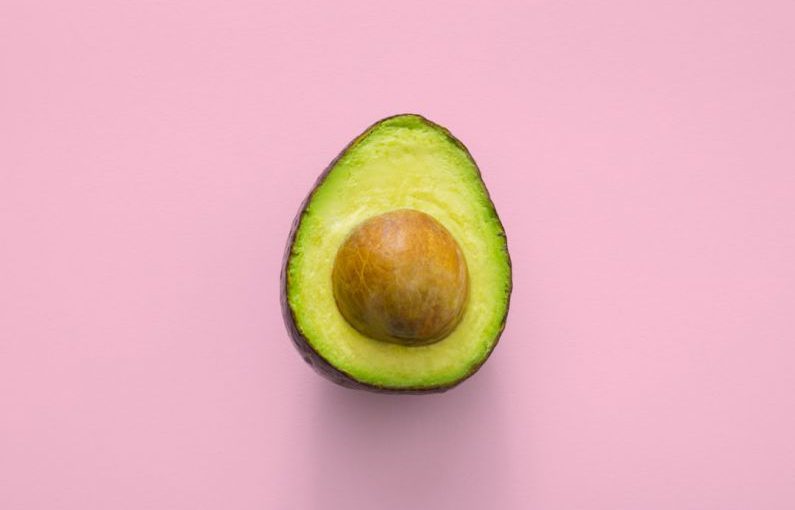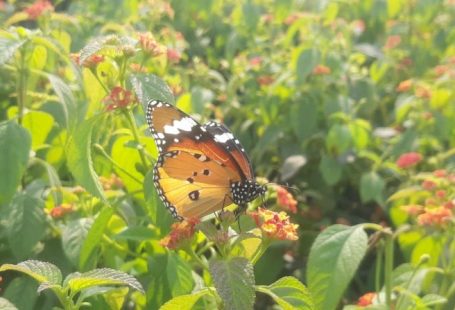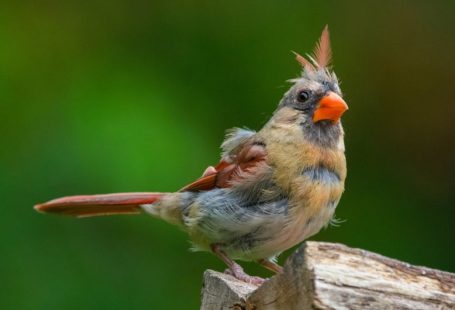Exotic pets bring a unique sense of wonder and fascination to our lives. From colorful reptiles to vibrant birds and playful small mammals, these extraordinary creatures require special care and attention to thrive in captivity. One crucial aspect of caring for exotic pets is understanding and meeting their specific nutritional needs. Providing the right balance of nutrients is essential for their overall health and well-being. In this article, we will explore the importance of proper nutrition for exotic pets and offer guidance on how to ensure they receive the best diet possible.
**Understanding the Unique Dietary Requirements of Exotic Pets**
Each species of exotic pet has its own set of dietary requirements based on its natural habitat, behavior, and metabolism. For example, reptiles such as bearded dragons and chameleons are insectivores and require a diet rich in live insects like crickets, mealworms, and dubia roaches. Birds, on the other hand, need a varied diet that includes seeds, fruits, vegetables, and the occasional protein source like cooked eggs or mealworms.
**Researching the Dietary Needs of Your Exotic Pet**
Before bringing an exotic pet into your home, it is crucial to research and understand its specific dietary needs. Consult reputable sources such as veterinary websites, care guides, and experienced exotic pet owners to gather information on the best diet for your pet. Some exotic pets, like sugar gliders and hedgehogs, have specialized dietary requirements that may include supplements or commercial diets to ensure they receive all the necessary nutrients.
**The Importance of a Balanced Diet**
Providing a balanced diet is key to maintaining the health and longevity of exotic pets. A diet lacking essential nutrients can lead to a range of health issues, including metabolic bone disease, obesity, and digestive problems. To ensure your exotic pet receives the proper nutrition, offer a variety of fresh foods that mimic their natural diet in the wild. This may include a mix of fruits, vegetables, protein sources, and supplements as needed.
**Common Nutritional Deficiencies in Exotic Pets**
Several nutritional deficiencies can arise in exotic pets if their diet is not properly balanced. For example, reptiles may develop metabolic bone disease if they do not receive enough calcium and vitamin D3 to support proper bone growth and development. Birds may suffer from feather plucking and poor feather quality if they lack essential fatty acids in their diet. Monitoring your exotic pet’s health and behavior can help you identify any signs of nutritional deficiencies early on and make necessary adjustments to their diet.
**Consulting with a Veterinarian**
If you are unsure about the dietary needs of your exotic pet or suspect they may have a nutritional deficiency, it is essential to consult with a veterinarian who specializes in exotic animal care. A knowledgeable vet can provide guidance on the best diet for your pet, recommend supplements if needed, and conduct health screenings to ensure they are receiving adequate nutrition. Regular check-ups are also important to monitor your pet’s overall health and make any necessary adjustments to their diet as they grow and develop.
**Ensuring Proper Hydration**
In addition to a balanced diet, exotic pets also require access to clean, fresh water at all times. Some species, such as reptiles and amphibians, may have specific hydration needs that can be met through misting, soaking, or providing a shallow water dish. Monitoring your pet’s water intake is crucial to prevent dehydration, especially in hot or dry climates.
**Creating Enriching Feeding Experiences**
Feeding time can be a fun and enriching experience for both you and your exotic pet. Consider offering live prey items for insectivores to stimulate their natural hunting instincts. Foraging toys and puzzles can provide mental stimulation for birds and small mammals while encouraging natural behaviors. Creating a positive feeding environment can help your exotic pet associate mealtime with enjoyment and satisfaction.
**Conclusion: Nurturing Your Exotic Pet’s Health Through Proper Nutrition**
Nurturing the health and well-being of exotic pets requires a deep understanding of their unique nutritional needs. By researching their specific dietary requirements, providing a balanced diet, monitoring for nutritional deficiencies, consulting with a veterinarian, ensuring proper hydration, and creating enriching feeding experiences, you can help your exotic pet thrive in captivity. Remember, a healthy diet is the foundation of a happy and fulfilling life for your extraordinary companion.





